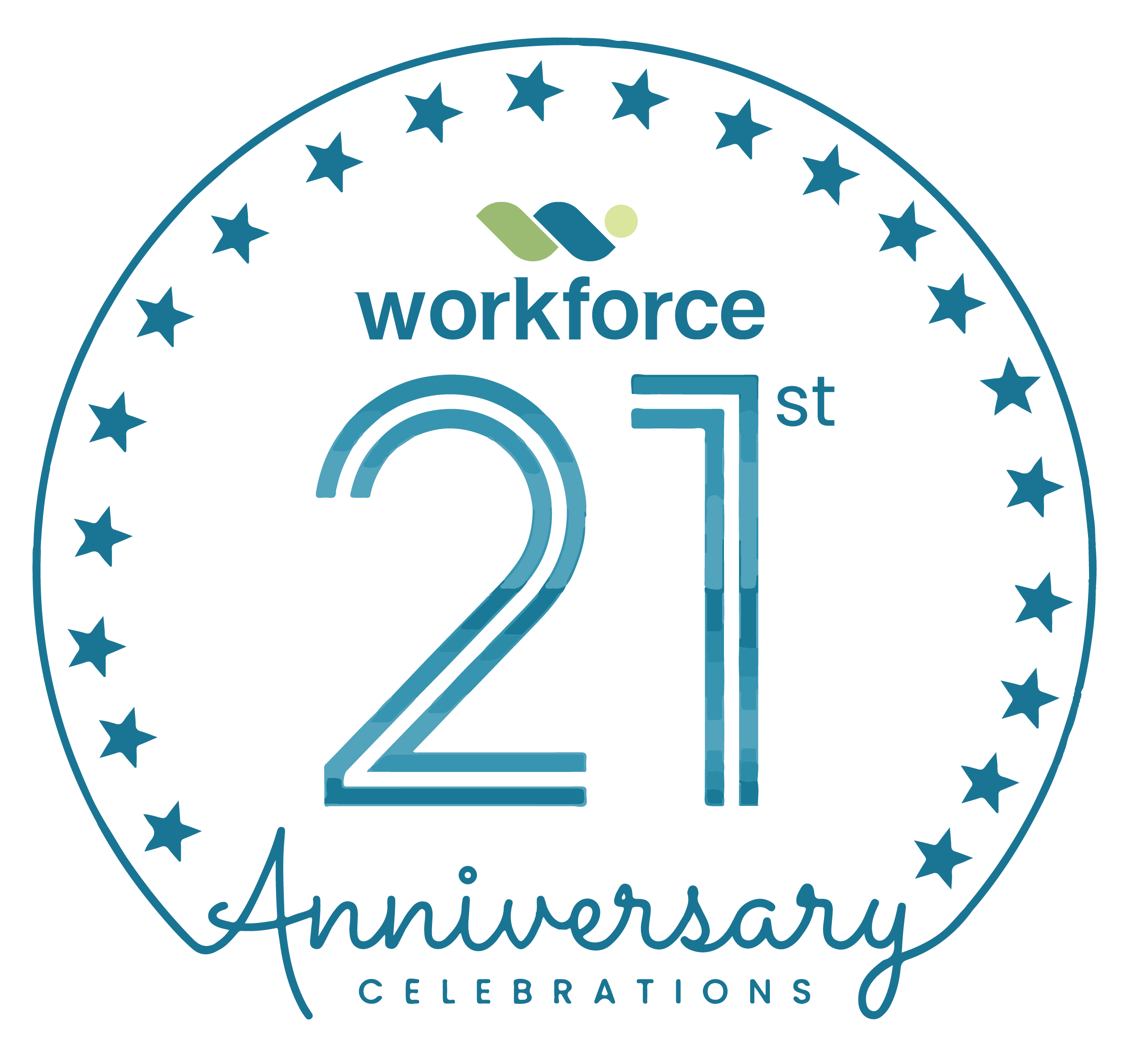Nigeria’s hiring landscape is riddled with challenges. The sheer volume of job seekers, embellished resumes, and the urgent need to fill vacancies quickly can often lead recruiters to make costly hiring decisions. For organizations aiming to sustain long-term growth, integrating data-driven hiring approaches has become essential. In response to these challenges, talent assessment companies in Nigeria are emerging as crucial allies, helping organizations refine their hiring processes with objective data, comprehensive analyses, and strategic evaluations.
By enhancing decision-making capabilities and minimizing hiring risks, these assessment companies equip organizations to build stronger, more effective teams. This article delves into how these firms are helping businesses hire smarter by introducing structure and data into the recruitment process.
Key Recruitment Challenges in Nigeria
Before exploring the impact of talent assessment companies, let’s examine the recruitment challenges in Nigeria that necessitate their involvement.
- Inflated CVs and Mismatched Skills:
Many candidates embellish their qualifications to stand out in a competitive job market, leading to frequent mismatches between job descriptions and candidate capabilities.
- Urgent Hiring Pressure:
With roles often needing to be filled immediately, recruiters may bypass thorough vetting, increasing the risk of poor hiring decisions that lead to high turnover.
- High Competition for Quality Talent:
Skilled professionals are scarce, making it difficult for recruiters to effectively screen large applicant pools, especially without robust evaluation tools.
Now that we’ve outlined these challenges, let’s discuss how talent assessment companies provide innovative solutions to these issues.
Five Ways Talent Assessment Companies in Nigeria Are Improving Recruitment Outcomes
Talent assessment companies offer solutions that address the above challenges effectively. Here are five ways they are transforming hiring processes for smarter, more informed decisions.
- Enhancing Objectivity in Candidate Evaluation
Why This Matters: Subjective biases can cloud judgment during interviews, leading to inconsistent hiring decisions that affect organizational performance.
How They Do It: Talent assessment firms conduct standardized, consistent evaluations, allowing recruiters to compare candidates objectively. This method identifies not just the immediate skills but also the long-term potential, ensuring hires that align better with organizational goals.
- Applying Diverse Assessment Techniques
Why This Matters: A candidate’s fit is about more than just technical skills. Understanding behavioural traits and cognitive abilities is crucial for predicting success and retention.
How They Do It: These companies utilize various assessments, such as personality tests, situational judgment scenarios, and cognitive evaluations. These tools paint a comprehensive picture of each candidate, helping organizations discern not only who can perform the job but who will thrive in their unique environments.
- Leveraging Predictive Analytics
Why This Matters: Hiring isn’t just about immediate needs—it’s about future-proofing. Predictive analytics help identify trends that correlate with long-term employee success.
How They Do It: By analyzing historical hiring data and current assessment results, talent assessment firms provide insights into which candidate traits align with high performance, reducing turnover and increasing overall team effectiveness.
- Streamlining Large-Scale Recruitment with Automation
Why This Matters: In high-volume recruitment scenarios, especially in sectors like retail, healthcare, and manufacturing, efficiency is key without sacrificing quality.
How They Do It: Talent assessment companies integrate automated testing and initial screening tools to filter large candidate pools quickly. This ensures that only the most qualified candidates proceed to the next stages, saving time and resources while maintaining high standards.
- Providing Post-Hire Analytics for Continuous Improvement
Why This Matters: The hiring process doesn’t end once a candidate is onboarded. Monitoring performance can validate hiring decisions and refine future recruitment strategies.
How They Do It: Many talent assessment companies offer post-hire analytics, allowing organizations to track how their hires perform over time. This feedback loop helps refine recruitment strategies, ensuring that future hires continue to align with organizational needs.
Having explored these transformative approaches, let’s now consider how organizations can effectively incorporate these services.

How to Select the Right Talent Assessment Partner
Choosing a talent assessment company is a strategic decision. Here’s how to approach the selection process to ensure alignment with your organization’s goals.
- Evaluate Their Industry Expertise
Why It’s Important: Understanding industry-specific requirements ensures that the assessments are relevant, particularly in sectors like finance or technology that demand specialized skills.
How to Assess: Review case studies of the assessment company and inquire about their experience in your industry. This will give you confidence that their methods are tailored to the challenges and needs unique to your field.
- Assess Their Methodologies
Why It’s Important: Different roles require different evaluation strategies. A one-size-fits-all approach can lead to suboptimal matches.
How to Assess: Ensure that the talent assessment company offers a variety of testing methods, including cognitive, behavioural, and technical evaluations. This flexibility allows for more nuanced hiring decisions that cater to diverse roles within your organization.
- Verify Their Technological Capabilities
Why It’s Important: The integration of recruitment systems with assessment tools can streamline the hiring process, making it more efficient and reducing administrative burdens.
How to Verify: Check if the company’s assessment tools can integrate with your existing Applicant Tracking System (ATS). This compatibility is crucial for seamless workflow and data management.
- Consider Their Post-Assessment Support
Why It’s Important: High-quality assessments often include feedback and development opportunities that can enhance employee performance from the outset.
How to Consider: Look for companies that offer detailed feedback reports and training recommendations based on assessment outcomes. This additional support can significantly improve the onboarding process and initial performance of new hires.
Organizations that partner with the right talent assessment company position themselves to make more informed hiring decisions. In the next section, we will discuss ways to further enhance recruitment outcomes.
Maximising the Benefits of Talent Assessments: Best Practices
Simply adopting talent assessments isn’t enough; strategic integration is key. Here are some best practices that will help organizations extract maximum value from their assessments.
- Align Assessments with Organizational Goals
Action Step: Begin by clearly defining the competencies required for each role. This clarity ensures that the assessments are tailored to identify these specific competencies, which is crucial for aligning the hiring process with broader organizational objectives.
- Regularly Review and Update Assessment Criteria
Action Step: Conduct periodic reviews to ensure that the criteria used in assessments reflect any changes in your industry or company needs. This is particularly important in fast-evolving sectors like technology, where skill requirements can shift rapidly.
- Provide Training for Hiring Managers on Interpretation
Action Step: Equip hiring managers with the skills to effectively interpret and utilize assessment data in their decision-making processes. Training programs can be implemented to ensure that managers understand how to read and apply assessment results, which will lead to more informed hiring decisions.
- Incorporate Assessments into a Holistic Recruitment Strategy
Action Step: Use assessments as one component of a broader strategy that includes interviews, reference checks, and cultural fit evaluations. This multi-faceted approach ensures that you’re not just hiring for skills, but also for long-term compatibility and growth within your organization.
Where do you go from here?
Conclusion: Take Your Next Step Toward Smarter Hiring
In today’s competitive job market, organizations that adopt structured assessment methodologies gain a significant advantage. By incorporating the strategies and best practices discussed in this article, you can enhance your recruitment processes, make more informed hiring decisions, and ultimately improve employee performance and retention.
If you’re looking to integrate these advanced assessment methodologies into your hiring process, consider partnering with Workforce Resourcing, a leading provider of talent assessment solutions. Our comprehensive suite of services is designed to help organizations hire smarter and drive better business outcomes.
Ready to transform your hiring strategy? Contact Workforce Resourcing for tailored talent assessment solutions that align with your organizational goals. Reach out to us at hello@workforcegroup.com to learn how we can support your journey toward smarter hiring decisions.

